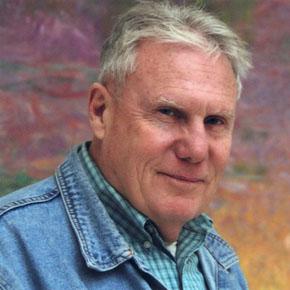The last voter-approved convention to make a significant impact on state government was held in 1938. A reading of that history indicates some of the issues it considered, like court reform, are still with us.
Among insiders who benefit from the status quo, there doesn’t appear to be much enthusiasm for a game-changing convention in Albany. As an indicator, funding for a convention exploratory commission was omitted from this year’s state budget. Convention advocates are confident they’ll find the money some place in the state’s $156 billion budget.
As it should be, amending a constitution, be it state or federal, is a heavy lift. New York’s is a three-stage process dating to 1846. Voters must first agree by referendum to hold a convention. Having done so, they elect delegates, three from each of 63 state Senate districts and 15 at-large (statewide). After deliberation and debate, which can take months, the convention’s recommendations are presented to voters for final approval.
A convention can be scuttled at any of three points, the sooner the better for those in opposition.
A Siena Institute poll taken last December indicated proponents have their work cut out, with not a lot of time left. Voters would need to approve a convention in November. The poll, taken among 800 representatively selected respondents, indicated that fully three-fourths had no knowledge of a constitutional convention, while the remainder were only dimly aware of the possibility. Talk about starting from scratch.
Forewarned, con-con supporters, which include the Rockefeller Institute, the educational arm of the League of Women Voters, colleges and universities and good-government groups centered in Albany, have launched an information drive aimed at educating the public on the issues — though not necessarily taking positions.
Statewide media will be asked to join the effort. A Ken Burns-like documentary on the history of conventions is in the works. Proponents face opposition from a plethora of special interests intent on maintaining the status quo. United Teachers, for instance, is urging its members to oppose a convention. Issues of pension rights guaranteed by the present constitution are of particular interest to public unions.
There is a legitimate concern that a constitutional convention could take away rights and freedoms in place for generations.
Locally, that drive will go public with a panel discussion at Deyo Hall at SUNY New Paltz on Wednesday, April 20, at 6:30 p.m. Panelists will include political science guru Gerry Benjamin, head of the Benjamin Center for Public Policy, former local president and now state president of the League of Women Voters Dare Thompson, and county Commissioner of Jurors Paul O’Neill.


Well, as usual you have it mostly right, Hugh. There was an effort at a constitutional convention in between those years of which you speak. What kept it from happening was lobbying from the teacher’s unions and lawyers–not precisely some general apprehension about reforming Albany. Gerald Benjamin dressed up in Revolutionary War garb. Folks from Buffalo, Rochester, and all over the state marched into the steak house off Rte. 28. Those were the days, my friend….